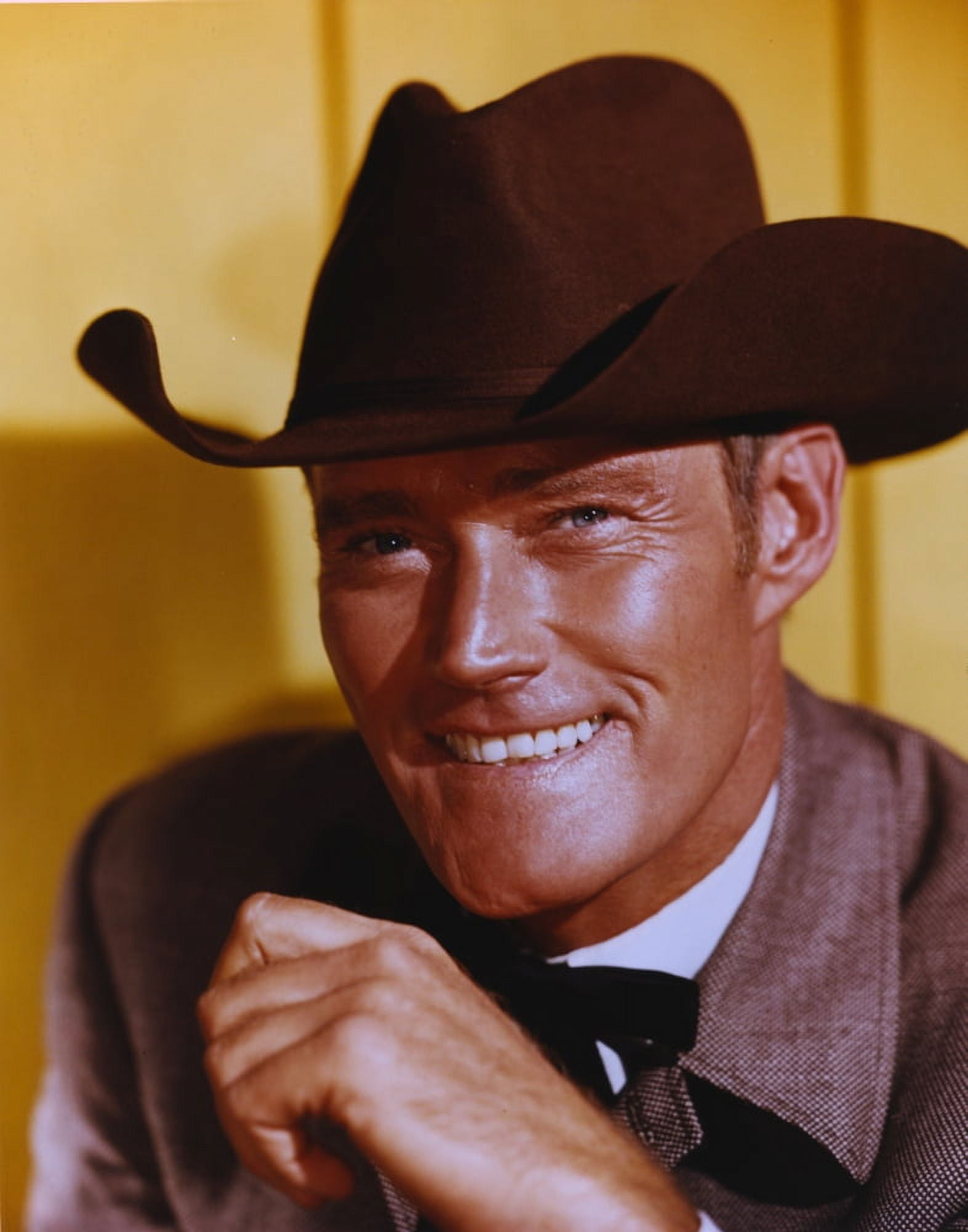Understanding the life and legacy of actor Chuck Connors offers a tantalizing glimpse into the multifaceted nature of stardom in mid-20th century America. Connors, best known for his iconic role in the television series “The Rifleman,” garnered a wealth of achievements throughout his career, both on and off the screen. In light of this, one must ponder: what was Chuck Connors’ net worth, and how did his early life and educational pursuits shape his storied career?
Born on April 10, 1921, in the quaint town of Alpine, New York, Kevin Joseph Connors—later known as Chuck Connors—emerged from humble beginnings. Raised in a modest household as the son of Irish immigrants, Connors was instilled with virtues of hard work and determination from an early age. The family’s financial struggles resonated deeply with him, often serving as a motivating force throughout his life and career. Connors displayed athletic prowess in high school, particularly in basketball and baseball, earning a scholarship to attend Seton Hall University, where he continued to hone his skills both academically and athletically. However, the call of professional sports beckoned, leading him to ultimately forgo his academic pursuits.
In the early 1940s, Connors carved out a niche for himself in the world of sports, becoming a professional baseball player. His time with the Brooklyn Dodgers and later with the Chicago Cubs may have positioned him as a sports icon; however, he felt a magnetic pull toward acting. By the mid-1950s, Connors transitioned from the diamond to the silver screen, embarking on a career that would redefine him. His towering stature (standing at 6’6″) and commanding presence made him a natural fit for a variety of roles in entertainment. Shortly thereafter, he captured audiences with his unforgettable portrayal of Lucas McCain in “The Rifleman”. This role not only showcased his remarkable acting capacity but also solidified his place in television folklore.
Over the course of his career, Chuck Connors amassed substantial wealth. Estimates suggest that his net worth swelled to approximately $5 million by the time of his passing in 1992. This fortune can be attributed not only to his success on “The Rifleman,” which aired from 1958 to 1963, but also to various film roles in other notable productions. Connors dabbled in diverse genres, including westerns and action films, broadening his reach and appeal. Furthermore, he’s remembered for his roles in films such as “The Big Country” and “Patton,” where his raw talent and dedication to his craft shone through.
Connors’ success is equally punctuated by intriguing anecdotes and facets of his life that added depth to his public persona. For instance, did you know that he was an avid fan of the Catholic faith? His devotion played a significant role in shaping his character both personally and professionally. Furthermore, Connors was distinguished by an entrepreneurial spirit; he evidently enjoyed engaging in various ventures beyond acting. For example, he even dabbled in real estate! This passion for multiple interests highlighted his inherent curiosity and multifaceted nature, thus serving as a testament to his belief that life is a series of experiences meant to be explored.
Moreover, Connors’ dedication to sports didn’t wane with his entry into Hollywood; he often participated in celebrity sports events, further emphasizing his love for athletics. While his numerous roles and multifarious interests served to endear him to the public, they also invited moments of controversy and criticism. Chuck Connors faced challenges in both his personal and professional life, dealing with relationship struggles and public scrutiny that ultimately highlighted the poignant dichotomy of fame. His marriage to actress and model Elizabeth Reddin, which culminated in divorce, were frequently among topics of discussion, revealing the pressures of maintaining personal relationships amidst the limelight.
As the years rolled on, Connors’ legacy remained strong, not only due to his accomplishments but also because of the warmth he exuded on and off the screen. His portrayal of strong, heroic figures in a predominantly male-driven industry paved the way for future generations of actors. These roles championed themes of integrity, courage, and the pursuit of justice, resonating with audiences and solidifying his status as an enduring cultural icon.
With all these facets come questions about his lasting impact. How did Chuck Connors inspire subsequent actors and personalities, both in the realm of television and film? His ability to transition from a professional athlete to a beloved actor embodies the essence of adaptability—an attribute that serves as a blueprint for many aspiring entertainers today. Thus, it becomes evident that Chuck Connors wasn’t merely an actor; he was a polymath of his time, blending various life experiences into a career that brought joy and inspiration to many.
Ultimately, the narrative of Chuck Connors enriches our understanding of enduring fame. It prompts us to reflect on the resilience needed to navigate the complexities of fame, the intersections of sports and entertainment, and, importantly, the profound human stories woven into the fabric of our cultural history. As we ponder over Chuck Connors’ life, we are left with a sense of curiosity and admiration, compelled to explore the nuanced emotions and experiences that characterized a man who made significant contributions to both sports and television.



